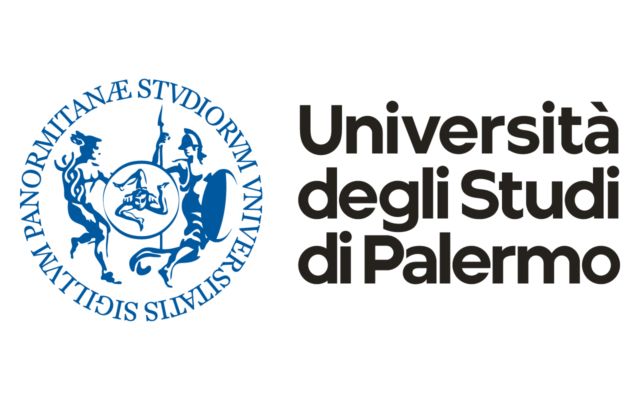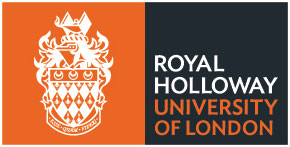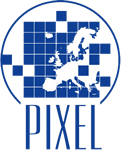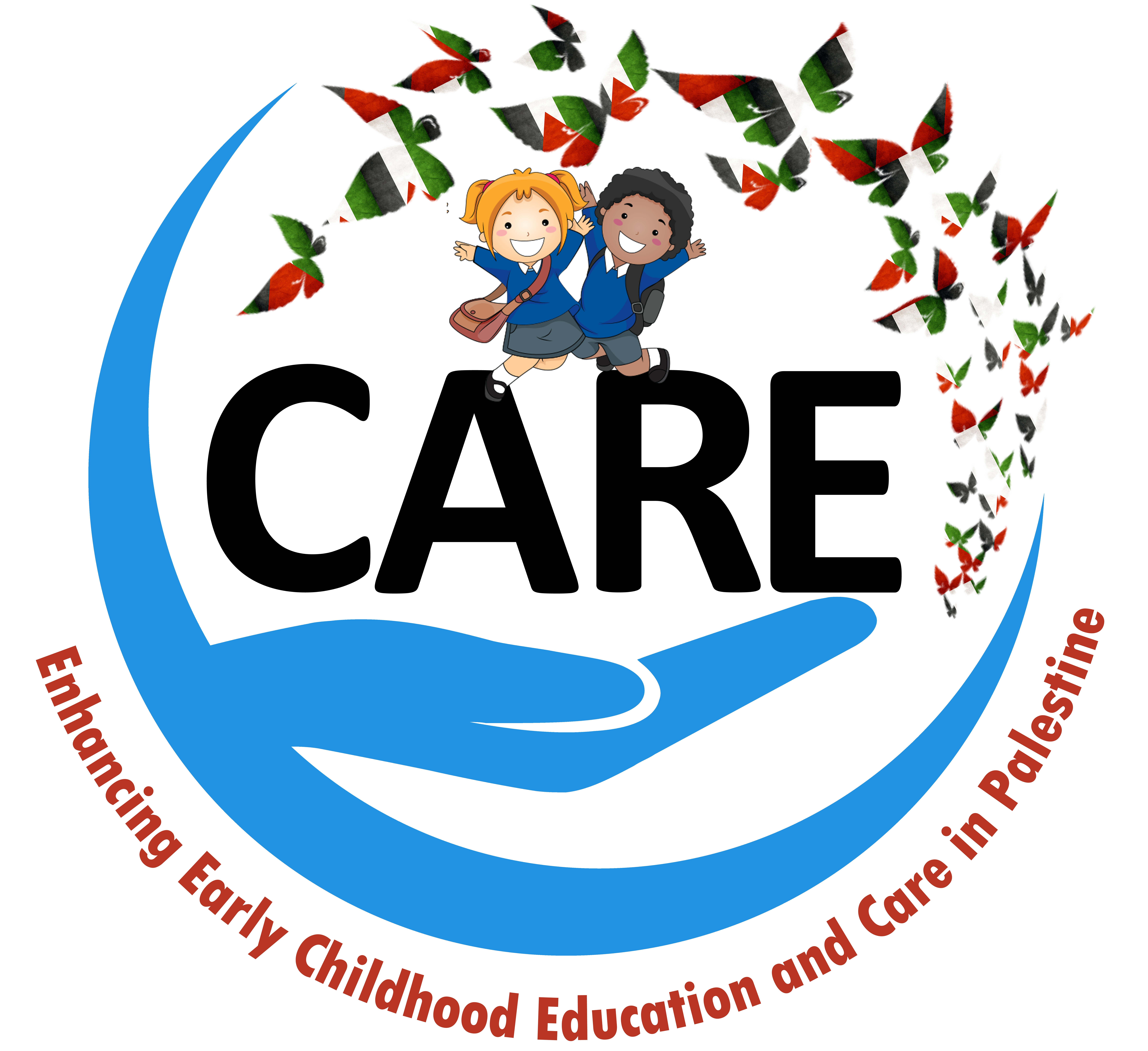Disclaimer: This Project funded by the European Union. Views and opinions expressed are however those of the author(s) only and do not necessarily reflect those of the European Union or the European Education and Culture Executive Agency (EACEA). Neither the European Union nor EACEA can be held responsible for them. ![]()
5
Sessions
October 17th- 21st, 2022
Duration
English
Language
Overview
The Department of Preschool Education of University of Crete hosts the 3rd Training Course on “Literacies in Early Childhood Education” in the context of the Working Package 2 – Activity 1: Build the capacity of 24 facility members and 15 technical trainers. Training teaching staff aims at helping them become familiar with the best teaching practices, training approaches, material design and content development. With special attention on the practical trainings, teaching staff will be trained to develop new didactic approaches based on e-learning or web-based teaching materials.
(What the trainee is expected to know & do (Knowledge, Skills and competencies), (After finishing the training Course)
- To know the latest advances in the basic forms of literacy (Literacy, Numeracy, Scientific Literacy, Digital Literacy and Multiliteracies in general).
- To know the latest methodological approaches and best teaching practices in cultivating literacy knowledge and skills in Early Childhood Education.
- To become familiar with training approaches the introduce perspective teachers to the teaching and learning of literacy knowledge and skills.
- To become familiar teaching resources and didactic approaches based on e-learning and web-based teaching.
Who is the traning course for?
18 Academic Staff (Same members for each training)
- Al-Quds Open University
- Al-Aqsa University
- Al-Rawda University College
- Al-Ummah University College
TRAINING COURSE PATH
- Multiliteracies to accommodate children’s diverse needs View The Presentation
- Multiliteracies: Apps and approaches View The Presentation
- Multiliteracies: What means to be literate in the 21st century View The Presentation
Presenter:
Dr. Papadakis Stamatios
Presenter:
Michail Kalogiannakis Associate Professor, University of Crete, Greece,
Presenter: Assistant Professor,Maria Ampartzaki,
Supporting Resources
The last twenty-five years have seen an increase in the development of an area of educational research and implementation which is known internationally as Early Childhood Science Education. In fact, this is a broad framework within which different theoretical trends coexist with corresponding research orientations and fields of teaching applications.
Authors: Konstantinos Ravanis
View The Presentation
Authors:
- Michail Kalogiannakis
- Stamatios Papadakis
- Alkinoos-Ioannis Zourmpakis
View The Presentation
Authors:
- Julia Gillen
- Nigel Hall
View The Presentation
Authors:
- Susan Hill
View The Presentation
Authors:
- Josephine Ryana
- Anne Scotta
- Maureen Walshb
View The Presentation
Authors:
- Leigh Rohde1
View The Presentation
Authors:
- Andrew Downs
- Paul S. Strand
View The Presentation
Authors:
- Michail Kalogiannakis
- Georgia‐Marina Nirgianaki
- Stamatios Papadakis
View The Presentation
Authors:
- David B. Yaden, Jr.
- Deborah W. Rowe
- Laurie MacGillivray
View The Presentation
Authors:
- Stamatios Papadakis
- Michail Kalogiannakis
- Nicholas Zaranis2
As words fly onto the computer screen, revolve, and dissolve, image, sound, and movement enter school classrooms in ‘‘new’’ and significant ways, ways that reconfigure the relationship of image and word. In this paper I discuss these ‘‘new’’ modal configurations and explore how they impact on students’ text production and reading in English schools.
Authors:
- Carey Jewitt
View The Presentation
Authors:
- Nur Alaçama
- Refika Olganb
View The Presentation
Authors:
- Eufimia Tafa
View The Presentation
Authors:
- Nicholas Zaranis
- Michail Kalogiannakis
- Stamatios Papadakis2
What Participants are saying
Training Courses
You might also be interested in these Training courses

Polytechnic Institute of Bragança Portugal

Al-Quds Open University, Ramallah, Palestine

University Of Palermo, Italy

University of Crete, Greece

Royal Holloway University of London (RHUL)
Royal Holloway University Of London (RHUL)
View Traning Course
PIXEL, ITALY

